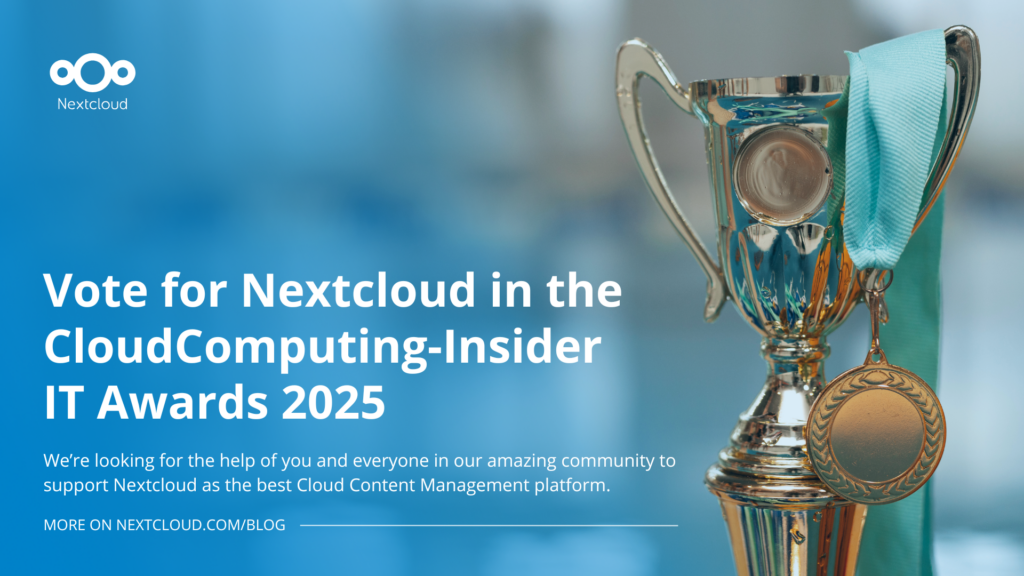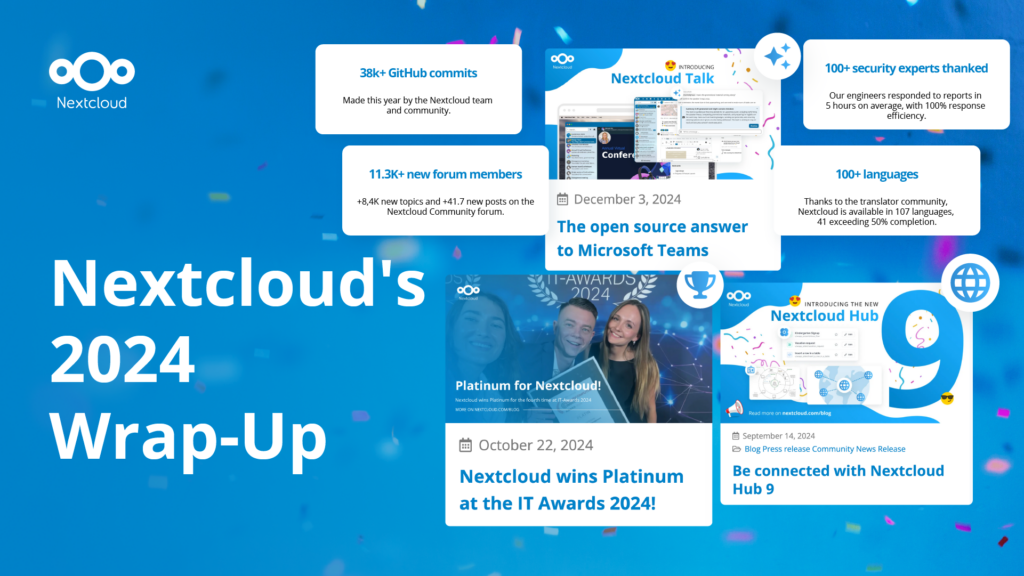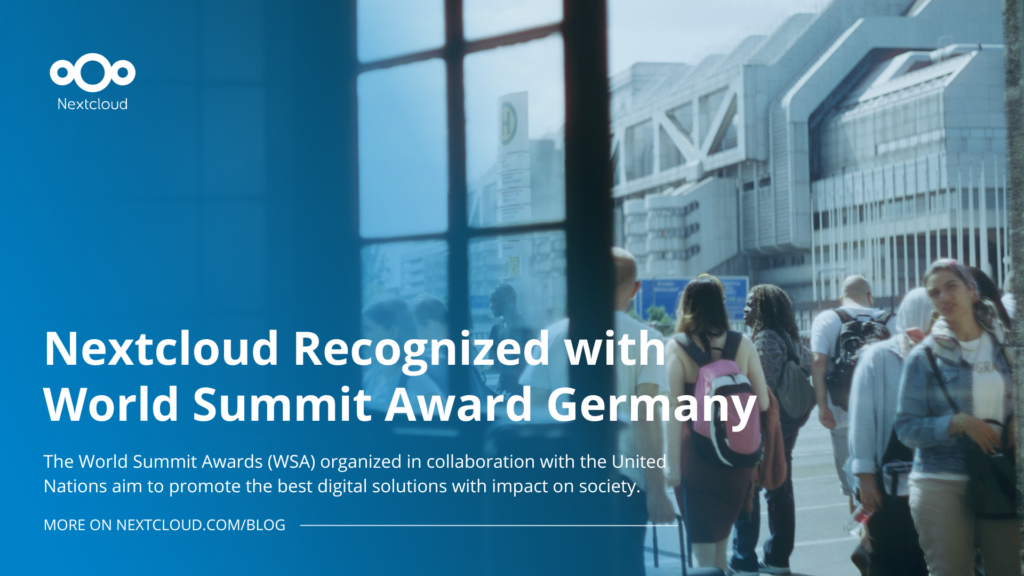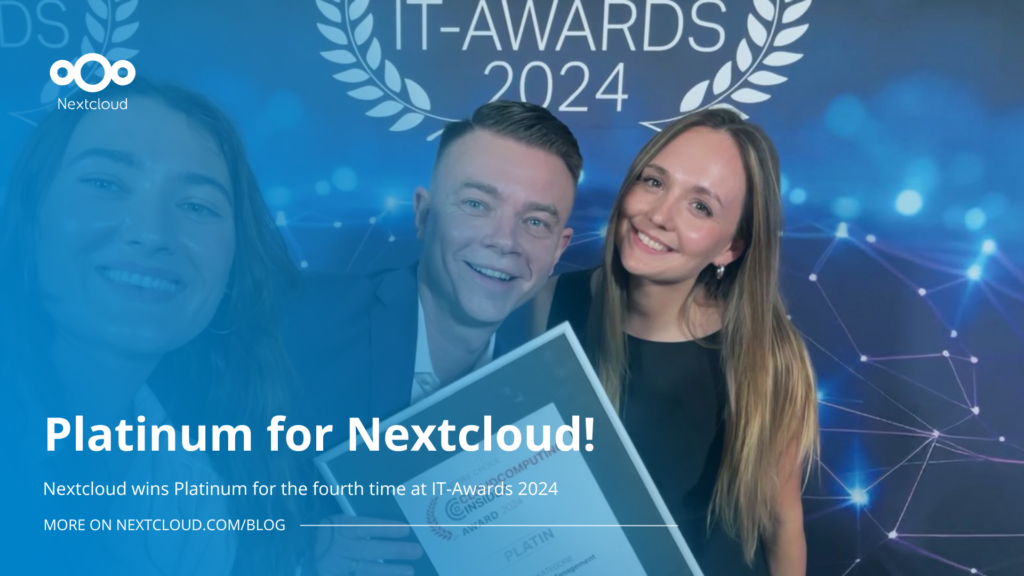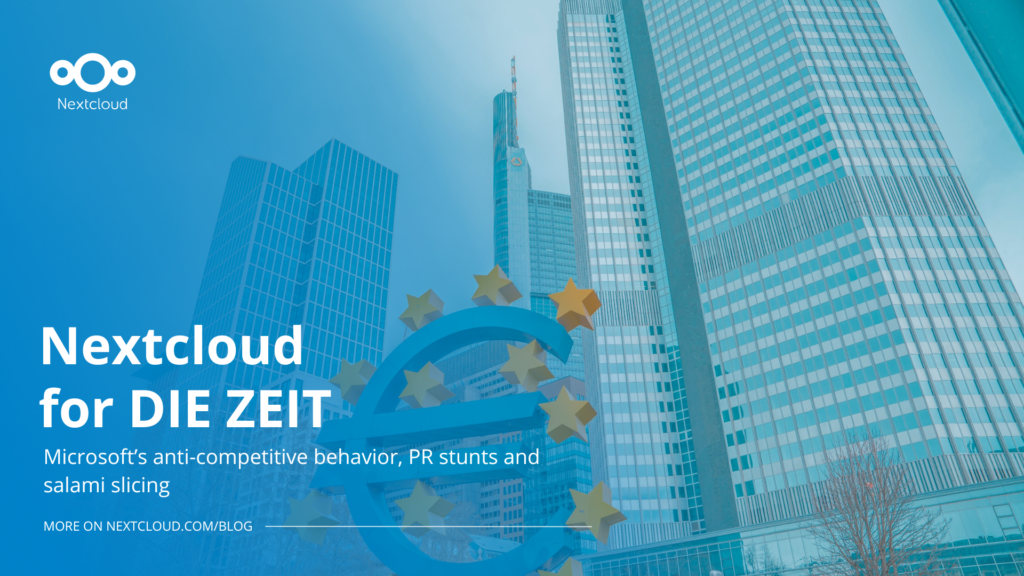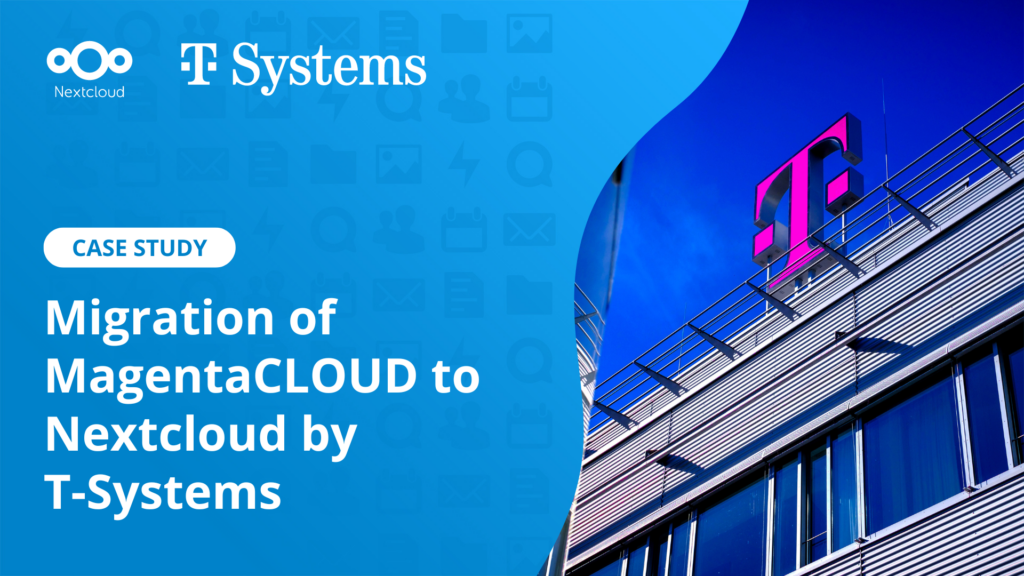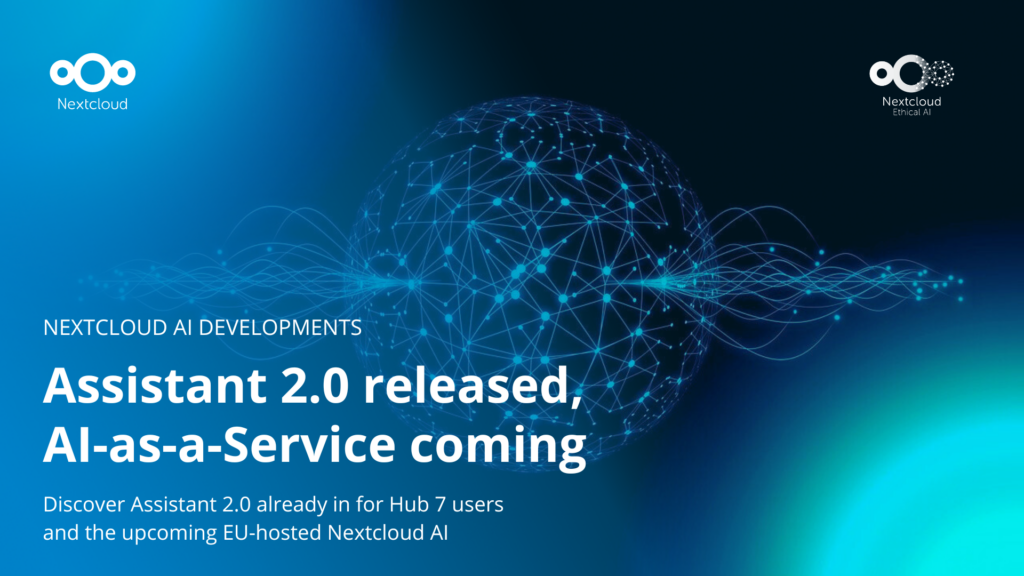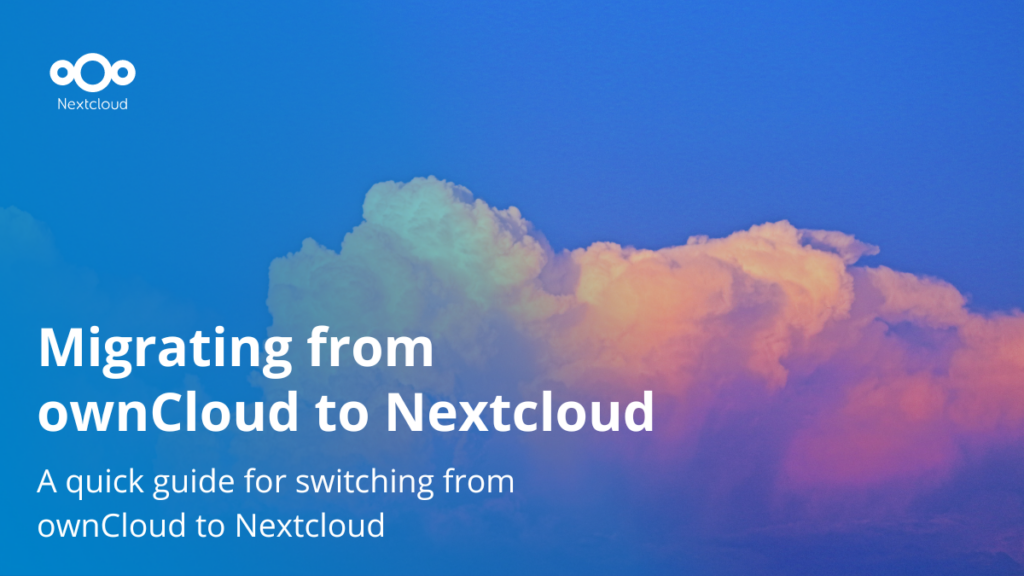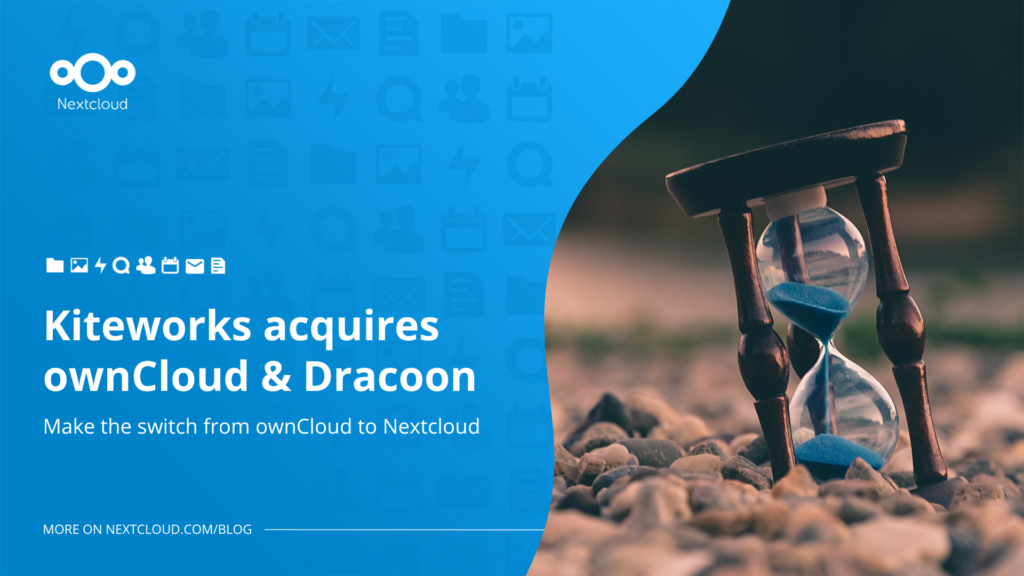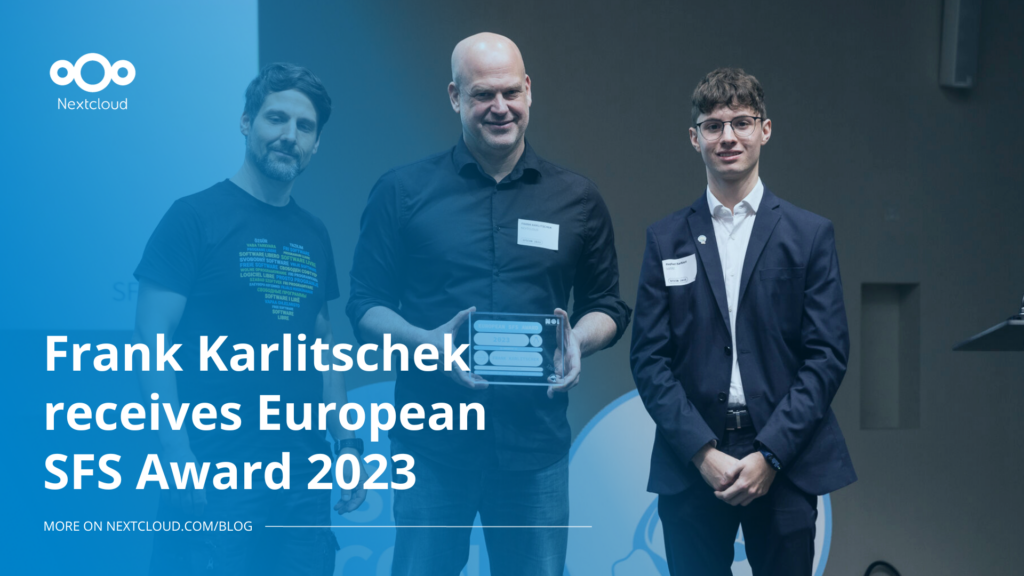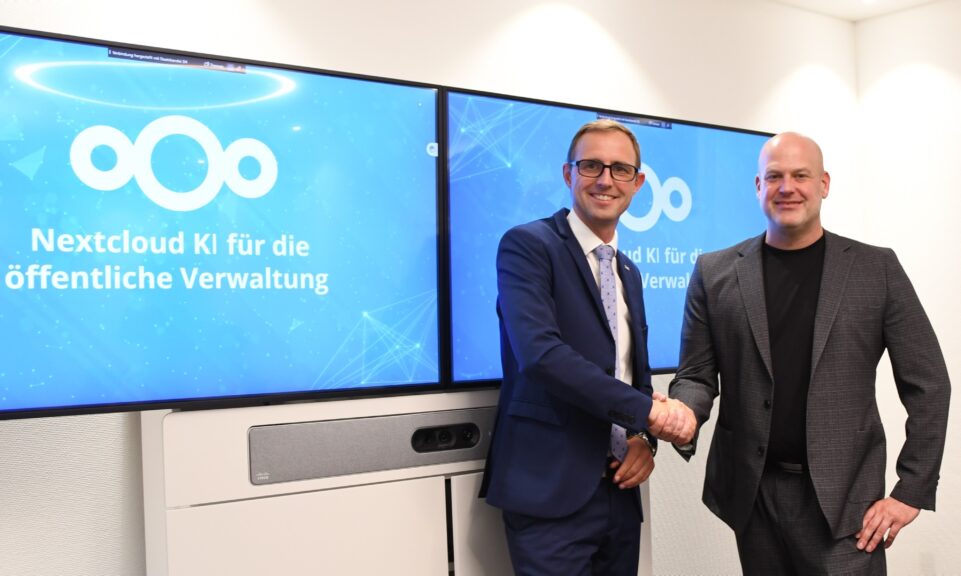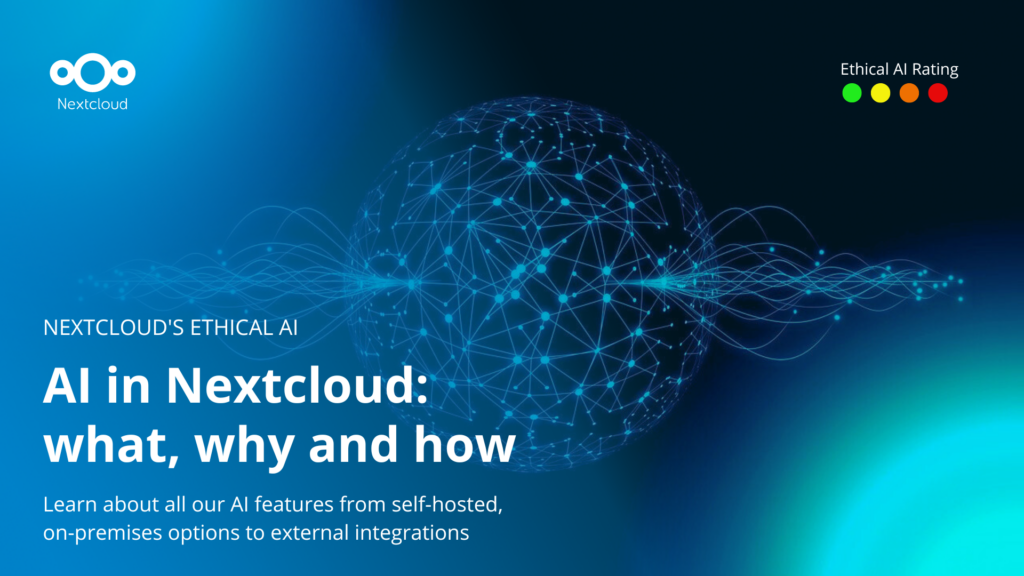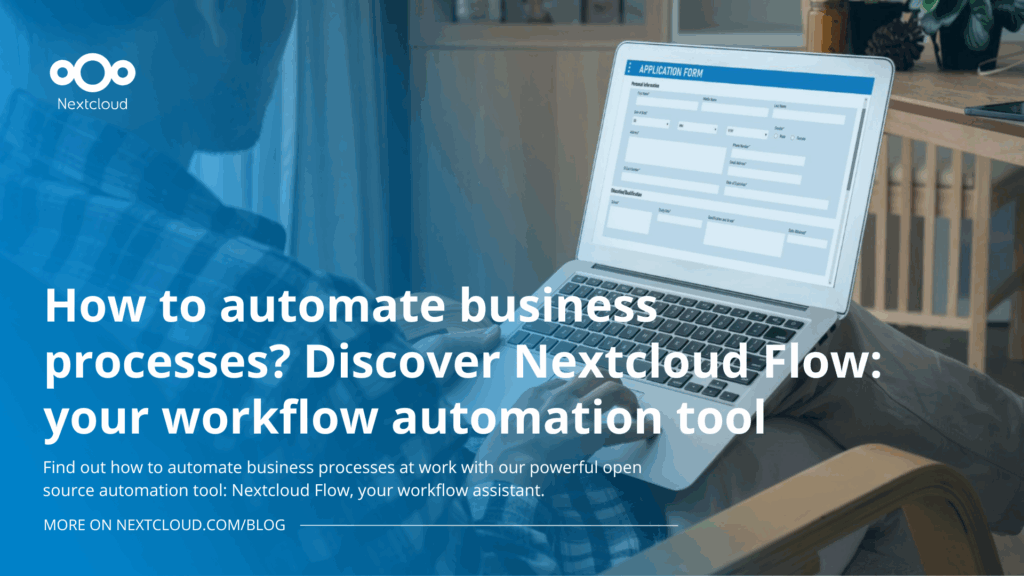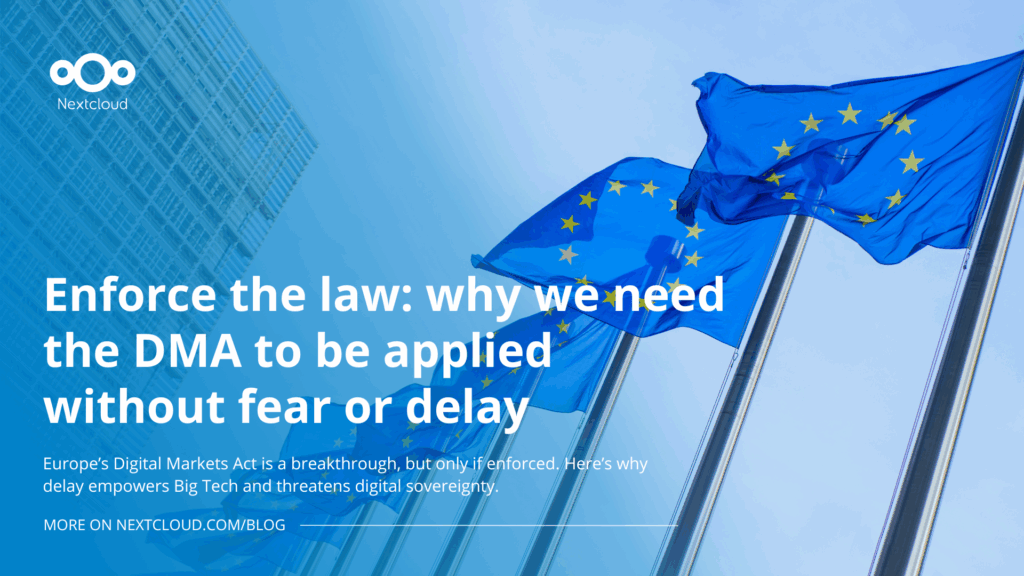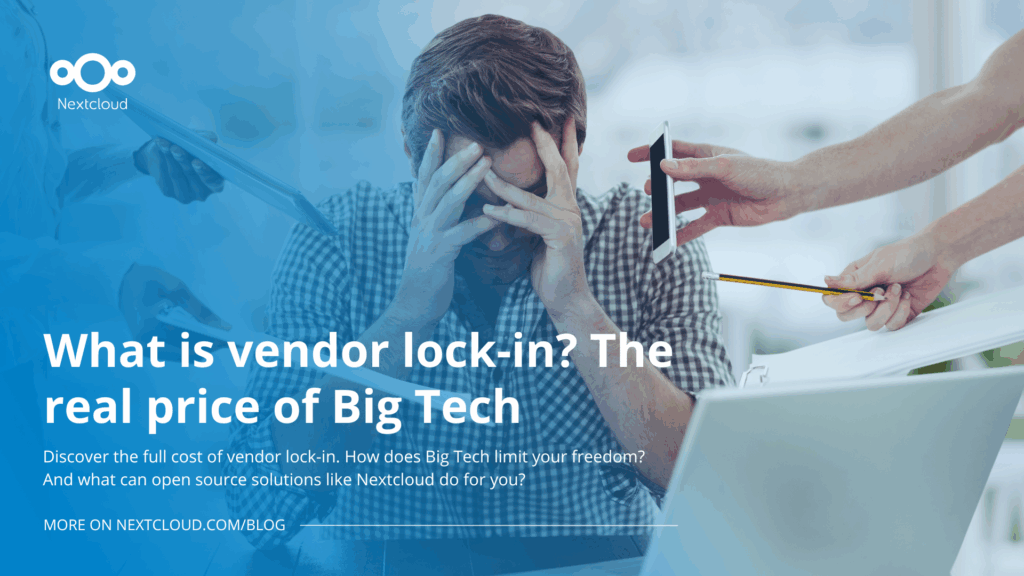Welcoming Nextcloud’s Head of Strategy – Mitzi László
We’re happy to announce and welcome Nextcloud’s Head of Strategy – Mitzi László!
Mitzi László has been an advocate for equity enhancing computational infrastructures for a little under a decade. Her focus is on the impact of governance and political economies in determining the degree of public interest representation in technology design.
Mitzi graduated in neuroscience from King’s College London specialising in decision making while designing experiments for a Brazilian epidemiology study. Her frustration at not being able to access data for public health was what led her to the data ethics space.
Mitzi has worked in a variety of roles ranging from independent ethics evaluator to an investment advisor for the European Commission to Solid community manager for Sir Tim Berners-Lee’s startup Inrupt.
At Nextcloud Mitzi László will be involved in shaping the long-term company strategy. We interviewed her to get a snapshot of why she is excited about embarking on this new chapter.
What is the importance of ethical technology in today’s society?
This bumpy year has made it crystal clear how incredibly digitally dependent we really are. Not only to chat with friends but to get things done. It has become inconvenient to do basic things like calling an ambulance, registering at a hospital, or buying medication without relying on the Internet.
Regardless of the fact that only half of the world population is online our institutions and common infrastructures like transportation, energy, health, and education, have all become intertwined with the web.
Due to this societal digital dependence, security goes well beyond keeping out rogue malicious actors. Security is now also about reducing strategic risk by creating a peaceful stable interdependent system. A system where all parties should have a degree of power that relies on the other, no one party dominates. This is not a winner-loser model, but a winner-winner model.
Winner-winner models are realistically going to be the most effective in addressing the number one issue of our generation i.e. the climate crisis. Spectacularly, we have all the necessary knowledge, the thing is, we are going to need to work together.
The digital dimensions of our tools for sociopolitical coordination are mission critical to tackling the climate crisis. We need to programme resilience, strategic imagination, and compassion into our solutions.
What do you see as Nextclouds role in the wider ethical tech market?
It would be short-sighted to take one private company and replace it with another private company. The ethical tech market needs to be exactly that, multiple players working in the same space. As ethical technology initiatives, we need to build and maintain relations with each other to make sure we can all flourish. It is great to see large companies come together and recognise the importance of privacy and open source.
I look forward to nurturing the relationships between Nextcloud and other players in the market willing to build ethical solutions and explore new models.
What makes the Nextcloud team standout?
What makes the Nextcloud team standout is that they have proven it. They are not theorising but delivering concrete solutions to paying clients for over four years. Nextcloud is not just a concept or a hope, it’s a working operation. It’s down the line and live.
Nextcloud has a proven track record of pushing the boundaries and searching for new models in tech. For example, in the approach towards open source from the get go, not as an afterthought. The financial structure of Nextcloud is aligned with the founding vision. I appreciate to be joining a team that does not see restrictions or threats to work around but rather exciting puzzles for innovation.
This particular stage in the Nextcloud journey is about taking a bold serious privacy-driven open source live product and moving it into being a reference ‘everyday’ technology tool that part of the furniture.
You often talk about the public interest in computational infrastructure, so why are you joining a private company?
Private players are part of delivering infrastructure. However, the interface between the public and the private sector needs to be designed thoughtfully so that strategic risk is brought to reasonable levels for everyone involved and they can enjoy digital sovereignty.
It is possible to digitalise without compromise. There are some inevitably central points. These critical inflection points need to be identified and appropriate checks and balances introduced to avoid dangerous destabilising concentrations of power.
I want to be part of figuring out a suitable public-private interface that allows us to maintain the values of public interest that have taken generations to refine and move them into a modern digitalised format when delivering our computational infrastructure. In particular, we need to be ambitious and meticulous in ensuring we digitalise our public institutions in a way that they continue to be able to represent and uphold the public interest.
Why have you gravitated towards Europe?
Although a global company, the birthplace and geographic location of Nextcloud is relevant. Europe has leverage on the global stage in the digital debate because of its large wealthy market.
I want to be careful and clear about exactly what I mean here. I am certainly not saying that Europe has a moral high ground, am painfully aware of the ongoing imperfections, faults, unfair advantages as well as impressive groundbreaking advances outside of Europe.
European citizens are simply comfortable and numerous enough to demand better via strong well-established institutions. This position of privilege means that debate results in data protection and competition legislation (like General Data Protection Regulation and the Digital Markets Act). Citizens across the globe are also increasingly demonstrating that they do care enough to act, as seen in the recent mass uptake in privacy protecting messaging apps.
The birthplace of Nextcloud is relevant because Europe has an ecosystem of strong actors working together to explore new digital models in the public interest.
Joining a company that is based smack bang in the middle of an experimental environment with multiple strong and diverse players looking at how we can build computational infrastructure in the public interest is a task that may seem wildly dry to some, but I am energised by the messy ambitious puzzle of it.








